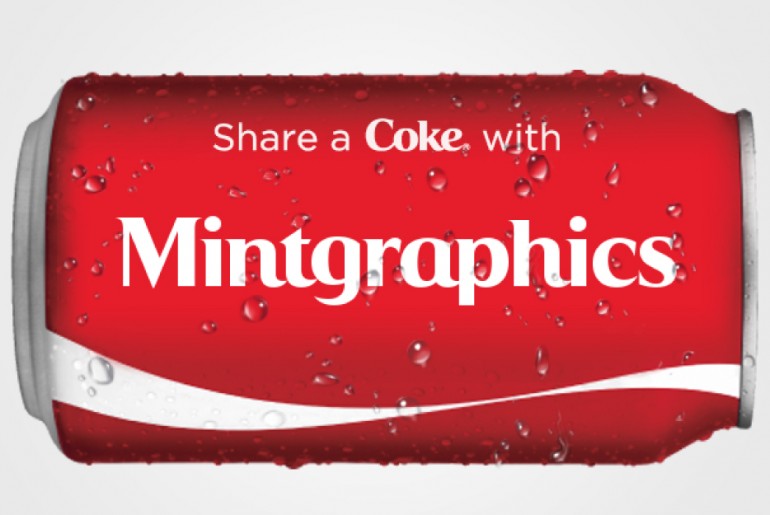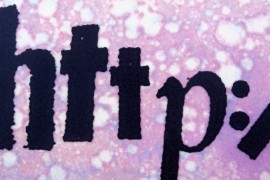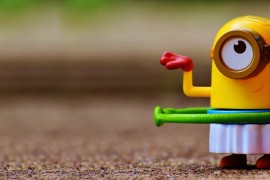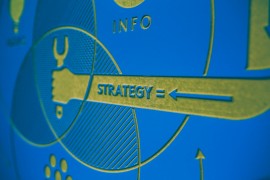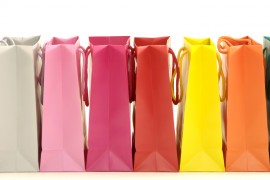Having established that a brand is not the logo, the tag line or the strategy behind it, it then begs the question what exactly is a brand and just how one should make it timeless. Granted, your brand is the personality behind your product. An undying brand is built over time; it does not come by at the birth of the product.
Case in point, Unilever Kenya trades the brand OMO which is a cleaning detergent. OMO is what we would call a timeless brand. It was first started in the United Kingdom in 1908. It was later launched into the Kenyan market in 1953. It is by far, the oldest cleaning detergent in Kenya. That is to say, folks born in the 50’s have memories of OMO.
To say that Unilever Kenya has grasped the concept of successful branding would be a gross understatement. They understand how culture and market dynamism work towards the success of a brand and its longevity thereof. That is not to say that achieving a timeless brand is void of hiccups. Recently, Ariel- another cleaning detergent- became so popular by using a tag line that most would rather hear ‘cleans out stains in one wash’ than the proverbial OMO tag line ‘dirt is good’. This saw OMO sales drop by 18% with increased Ariel sales of 25%.
However, OMO sales have recovered just because of it ceaseless nature. Folks continue to pledge their allegiance to OMO because that is what their mothers used while they grew up and what they continued using to their adult lives. They have passed their belief of quality to their children who today, discredit other detergents on such beliefs. Their advertisements are fresh in most people’s memories and they relate to such. While Ariel and other washing detergents could be better than OMO, they face stiff competition because of the customer loyalty that OMO has maintained, its marketing culture and how well it relates to the needs of its target group.
Needless to say, a logo becomes utterly irrelevant if the customer does not recognise the brand for what it is and not how it looks like. That is why; most people will continue buying expensive products against cheaper substitutes just because of its eternal nature in the market and in the memory and heart of the customer.

